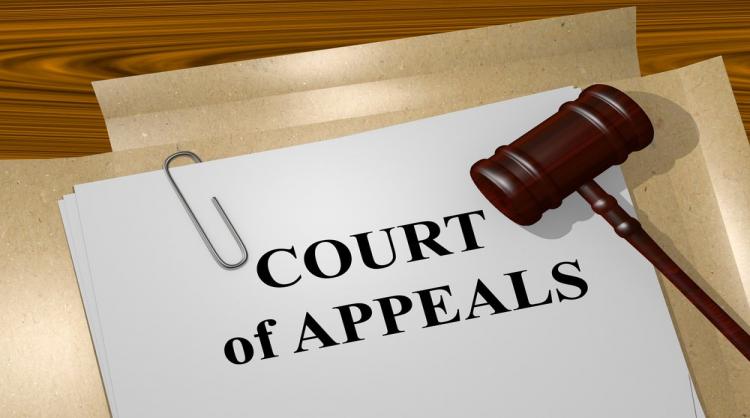ISPs and Cable Companies Seek Rehearing of Open Internet Order
August 5, 2016 | by Andrew Regitsky

This week’s tale comes to us from the “we have nothing to lose file.” Several industry associations and companies representing Internet service providers (ISPs), wireless carriers and cable companies filed petitions at the DC Circuit Court of Appeals on July 29, 2016, seeking an “en banc” rehearing by the full 9-member Court of the FCC’s Open Internet Order which put in place the now famous industry “net neutrality” rules. The request came in response to a June decision by a three-judge panel at the Court which found in a 2-1 decision that the Commission’s net neutrality rules are completely lawful.
The associations that filed petitions included CTIA-The Wireless Association, the National Cable & Telecommunications Association, USTelecom, and the American Cable Association. CenturyLink and Alamo also filed separate petitions. In their requests for rehearing, the Petitioners once again made their usual arguments against the Open Internet Order. They claimed that Congress never intended the Internet to be regulated as a telecommunications service. Moreover, the Commission failed to provide appropriate public notice for its decision, and it specifically failed to provide sufficient data to support reclassification of wireless broadband Internet access to a Title II service. Frankly, Petitioners made no new compelling arguments that are likely to sway the Court.
As we have noted before, the DC Circuit Court’s June decision left broadband and cable providers with few legal options. They could seek a rehearing of the case by the entire DC Circuit Court as they have now done or appeal directly to the Supreme Court. Both options currently have little chance of success. The eight-member Supreme Court consists of four left-leaning and four right-leaning justices and a 4-4 tie there would leave the DC Circuit Court’s ruling in effect.
An en banc hearing is also likely to fail. An initial difficulty is that the DC Circuit chooses to rehear very few decisions in a year, so it likely to reject the request for a rehearing outright. Even if it does rehear the case, the Court has been packed in recent years with Democrats who are extremely unlikely to overturn a ruling so important to President Obama and Democrats in general.
So what the strategy is of net neutrality opponents, we can only speculate. But here goes. First, since current judicial and political conditions are so against you, the best you can do is delay. ISPs and cable companies are well aware that they are likely to lose in an en banc hearing, however, this action provides time for the political atmosphere to possibly change in a less pro-regulatory direction.
Second, ISPs and cable companies believe that with the fate of the Open Internet Order still in doubt, the FCC is much less likely to impose sweeping rules on new Internet service or product offerings. Thus allows them more time to put in place options such as zero-data usage services that a court-approved FCC could quickly quash but may be hesitant to do so while the ultimate fate of net neutrality remains in doubt.
Finally, if the Commission does choose to exercise its Title II authority against ISPs or cable companies, the practical effects of such actions on investment or the economy could be used in a Supreme Court appeal to buttress the case against the Open Internet Order.
Regardless of how net neutrality opponents proceed it is clear that they are facing an uphill battle with no clear way to win and thus, delay, delay, delay.
The DC Circuit usually responds to an en banc request within a few weeks. Since the summer is usually slow at the Court, a decision is expected sometime in September. If, as expected, the Court rejects the request, Petitioners would then have 90-days to request a Supreme Court hearing. Expect the FCC to lie low during this period and let the appeals play out before it begins to exercise its power over the Internet.
Of course, Congress could choose to write net neutrality rules that would regulate the Internet without reliance on archaic Title II rules, but with the current partisan bitterness existing there, that is even less likely than an ISP win in the courts.
By Andy Regitsky, CCMI

